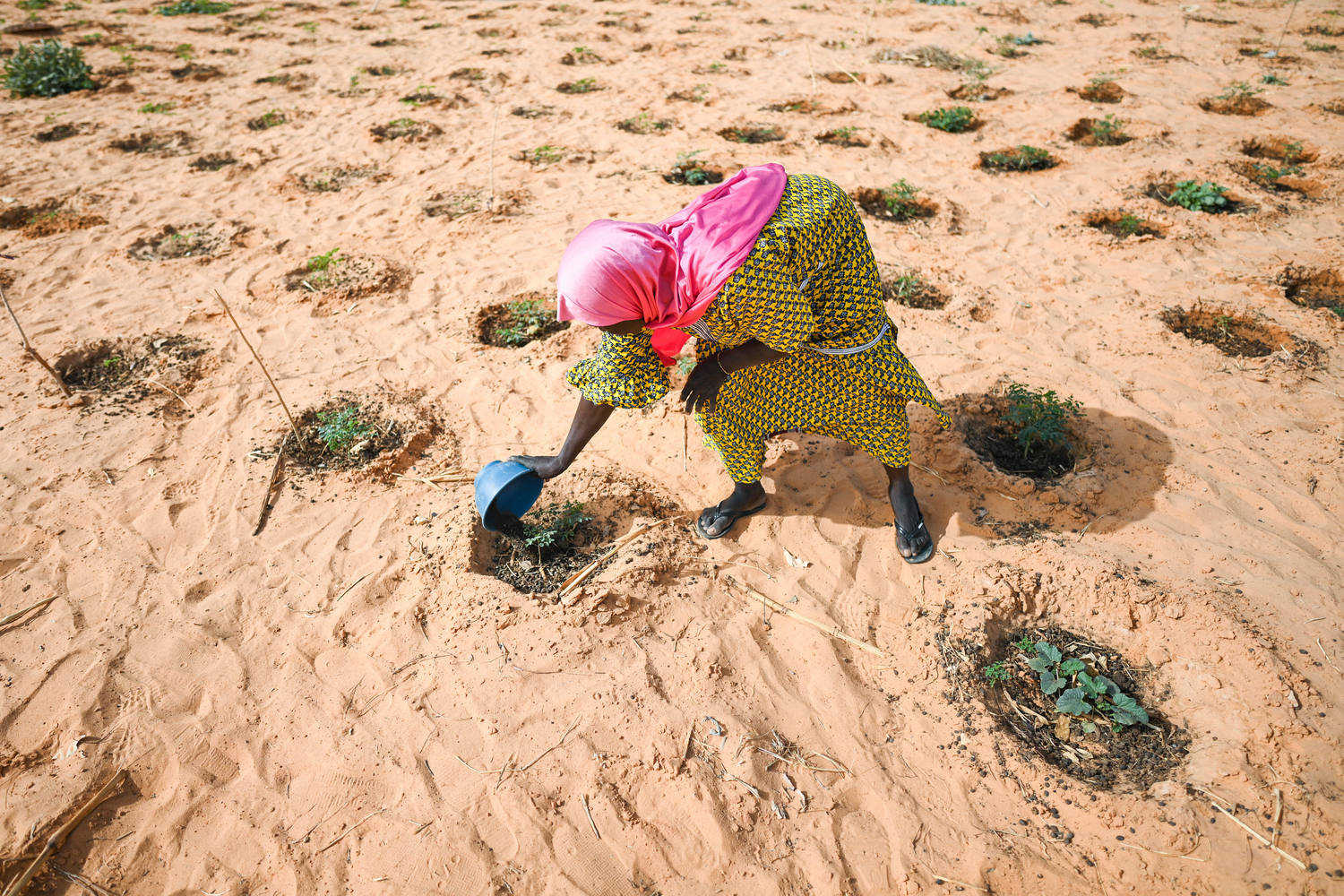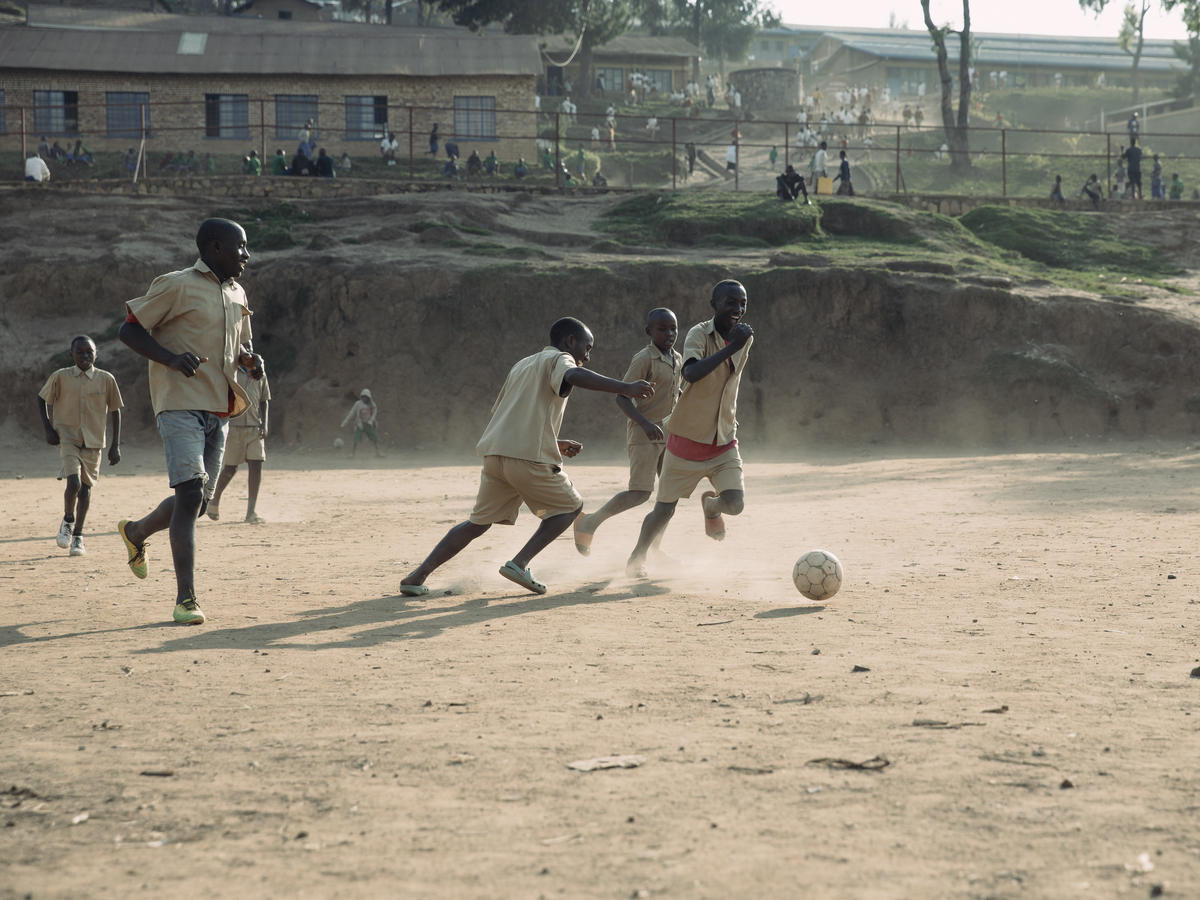UNHCR water project aids road safety in Kyrgyzstan
UNHCR water project aids road safety in Kyrgyzstan

TASHTAK, Kyrgyzstan - For children in this Kyrgyzstan village which was once torn apart by ethnic strife, a daily trek to get buckets of drinking water posed an unexpected danger: traffic.
"Whenever my sister and I fetched water, we were afraid to cross the busy road," said 12-year-old Abdulaziz. "We needed to ask adults to help us."
Violent conflict between ethnic Uzbek and Kyrgz groups erupted in June 2010 following the ouster of then President Kurmanbek Bakiyev, killing nearly 420 people and displacing around 80,000 others.
Tashtak, a largely Uzbek village in the country's Shark district, was particularly hard hit, with 418 houses burned in the clashes and 800 residents left without basic utilities, including safe drinking water.
For years afterward, scores of local youngsters had to cross the country's busiest road, a 300 kilometre highway linking Kyrgyzstan's capital with its second city, Osh, to fetch water from nearby villages.
Every few weeks a child was struck and injured by a car or truck, according to concerned local leaders. "During last year, there were about 15 traffic accidents involving children," the village head, Halibai Ismailov, said.
The problem was one that community leaders and the UN refugee agency came together to try and solve under a peacebuilding plan that aims to help individuals and communities re-establish trust and cooperation after the outbreak of violence.
For several years after the conflict, Tashtak residents appealed to Shark district leaders, local members of parliament and government authorities to bring water to the village so children and residents would not have to risk their lives on the daily water run - but to no avail.
When they heard about the refugee agency's peacebuilding project, Tashtak's representative contacted UNHCR for help - although few were hopeful that much would change. "We didn't believe the problem would be solved, as we had already made a number of appeals with no result," Gulnora, a local resident, said.
Despite contributions from every single resident of Tashtak and a funding pledge from the local district, a project to put standpipes in the street was still US$8,235 short of the $US$17,438 total needed. UNHCR then stepped up to fill the funding gap under the peacebuilding project, supported by the UN Peacebuilding Fund.
The refurbishment took about seven months to complete and provided 12 standpipes throughout the village which now provide clean, fresh water to about 800 people. The exercise in cooperation also brought stakeholders together again in the once-divided community.
"During the implementation of the project we have learned many lessons, which will help us in the future to collaborate with donors and local authorities," local activist Muzaffar Usmanov, said. "We understood that communities should unite and act in order to achieve something that would benefit everybody."
The project was also welcomed by local children in Tashtak who no-longer have to brave the busy highway to get water - among them eight-year-old Otabek.
"We're happy to have clean drinking water near our houses," he said.
By Cholpon Sultanova in Kyrgyzstan








